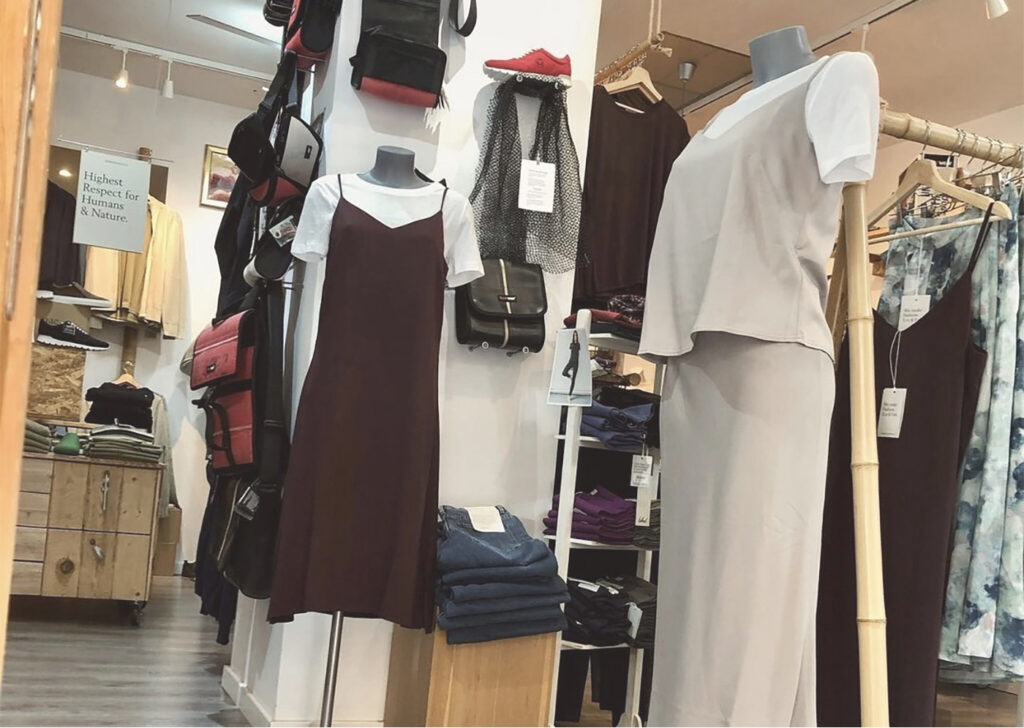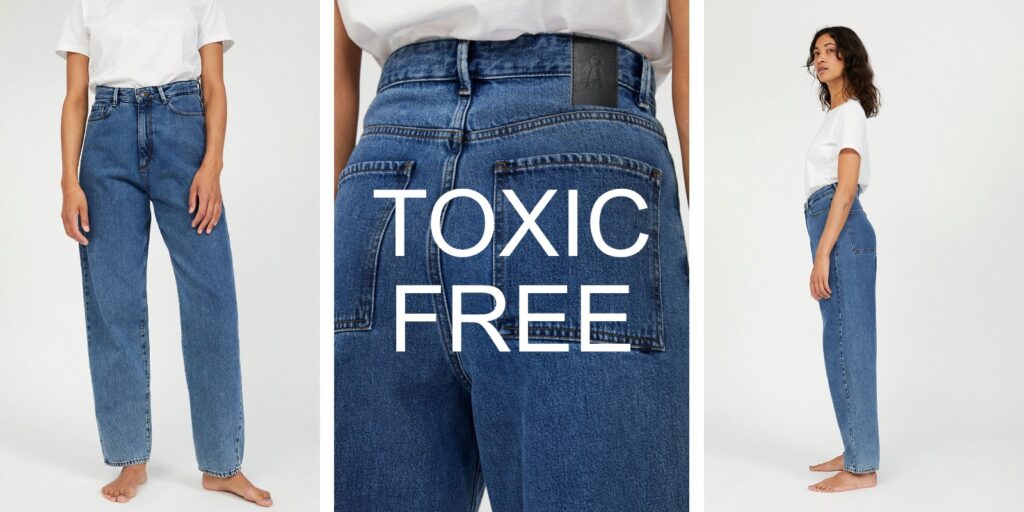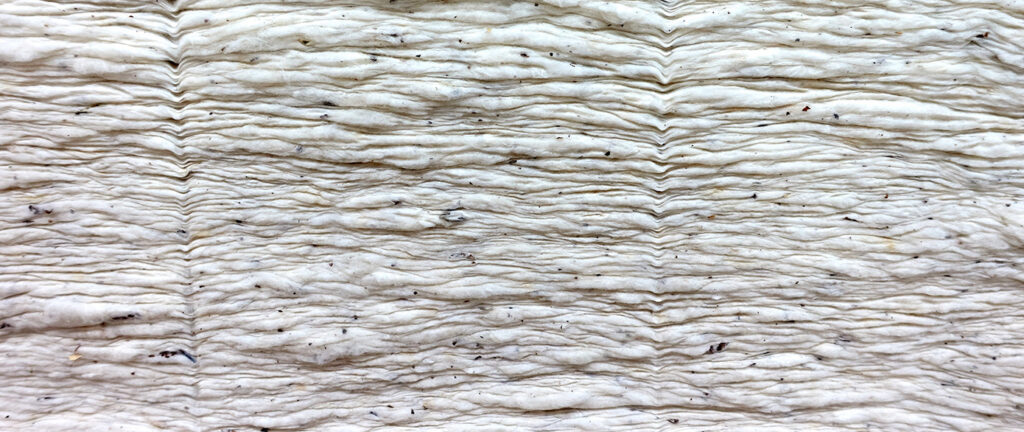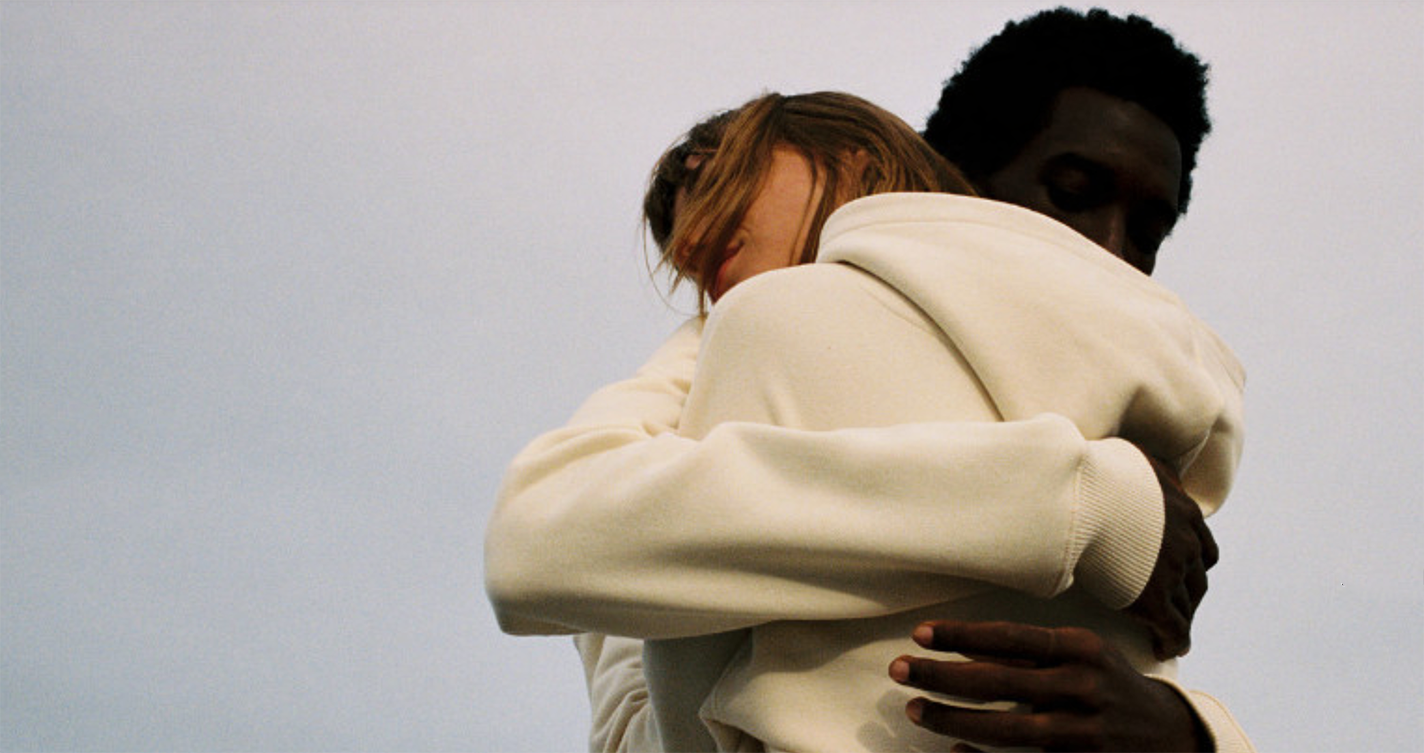Nowadays, when it comes to sustainability, it is difficult to distinguish a sustainable garment from one that is not. The evaluation criteria are different and not all consumers have the skills or have the right information to make a correct assessment. The story we are telling you today is that of “Veganized“, a sustainable fashion store both physical and online in Malaga, Spain.
“Veganized” is a sustainable fashion store, both physical and online, that is the brainchild of a married couple, Ulrich and Mellany Müller. “My wife and I come from the dark side of the industry. I worked for years in fashion-related multinationals. At some point, Mellany and I wondered how do you get a garment that is sold for 10 euros? What’s behind it?“, Ulrich tells.

“As there was no transparency, we decided to create a sustainable fashion store and fair trade, thus opening the first concept store in Malaga. Our clothing is sustainable, but also fashionable. Mellany is part of another revolutionary movement: “Fashion Revolution“, which tries to fight against fast fashion.”.
“Veganized” is not only the name of the sustainable fashion store but also its mission statement. “As consumers, as well as producers, we are responsible for our children and our Earth. We look to the supply chain for certified and transparent, high-quality, modern and toxic-free products“. Ulrich and Mellany are against child exploitation and promote optimal working conditions for all. “We want every human being to have a fair wage for their work. We don’t like that some entrepreneurs take advantage of the poverty that exists in the world to enrich themselves“. Exploitation in the textile industry has a long tradition. “It all started in 1995 with the multi-fiber agreement, by which the big brands agreed to subcontract in Asia, South America, or Morocco, where death and fashion are synonymous. This exploitation affects the entire production chain, from the raw material to the final product“.

40% of the world’s textile market is in the hands of large multinationals, and none of the top 50 textile companies in the world offer decent wages to their workers.
Spain is the base of Inditex, one of the most important textile companies in the world. Its business model is based on the concept of fast fashion, or “take and throw away”.
“The textile sector is one of those that most faithfully reproduces the capitalist model: produce in emerging countries and sell in the “developed” world. Thus, a family dedicated to working for one of these multinational textile companies in developing countries survives on less than $1 a day. 21 million people work in semi-slavery“, Ulrich explains, looking at the data.
Organic, sustainable, vegan, and recycled fashion
At “Veganized” you can find women’s, men’s, and children’s clothing, as well as accessories and shoes. “To date, 95% of leather tanning is done with Chromium 3, which is then converted to Chromium 6 and is very toxic. Shoes are not normally washed, so the chemical passes into our bodies. Other techniques like sandblasting jeans are also very polluting“. That’s why “Veganized” products are organic, sustainable, and vegan. “Organic means natural. Neither humans nor nature are over-exploited or harmed in the production of these garments. All of our shirts are GOTS certified and 100% vegan. Our garments are free of chemicals and toxic elements“, states Ulrich.

“Sustainable, on the other hand, means that our producers use only environmentally friendly materials. We want to prevent the overuse of agricultural fields. For example, the soles of the shoes are made of natural rubber instead of plastic, because one hectare of rubber absorbs seven times more CO2 than one hectare of forest.“. Vegan means that, to make these garments, there is no animal exploitation. “We choose manufacturers who don’t use animal oils, fats, additives, or dyes.”
Some of the garments in the “Veganized” sustainable fashion store also result from recycling or upcycling. “Some of our products are made from recycled raw materials. The idea is to close the life cycle of fabrics so they don’t become trash“.

How does “Veganized” check that the garments really adhere to these principles? “We only admit suppliers with certificates, and when in doubt about whether or not a brand is sustainable, we don’t incorporate it“.
Materials used
The most used materials for the garments of the sustainable fashion store “Veganized” are:
- organic cotton, for pants, sweaters, shoes, or underwear. “The organic cotton we use is subject to the strict conditions of GOTS certifications (Global Organic Textil Standard). Only non-genetically modified cotton seeds are used. The cotton is grown in Africa, India, Turkey, and Pakistan without the application of pesticides or herbicides.“.
- hemp, a fiber used for shirts, jackets, and pants. “Hemp is a highly skin-tolerant material, making it ideal for allergic skin. It cools on hot days and stays warm on cold days. Hemp cultivation consumes very little water and does not require the application of pesticides or herbicides“.
- natural rubber, used by the “Ethletic” brand for shoe soles. “Our rubber is Forest Steward Council (FSC) certified and is grown and harvested under fair and sustainable conditions in Sri Lanka“.
- cork from Portuguese oak, 100% biodegradable, used for bags, shoe soles, and belts. It protects soil from erosion and increases rainwater absorption. It also absorbs CO2.
- “Ecovero” viscose. Unlike traditional viscose, which emits a lot of CO2 and consumes a lot of water, “Ecovero” viscose is sustainable. “Our Austrian partner Lenzing uses only FSC- and PEFC-certified wood from sustainable forestry. Lenzing has developed a process in which most of the water and all of the chemicals are recycled and reused. The result? 0% environmental impact. Only clean cooling water leaves the closed manufacturing process. The new process also saves 50% of energy, which is generated entirely at the factory“.
- kapok. Kapok is a very fine and soft naturally grown hollow fiber. It grows only in solid seed pods on trees in the subtropical region and cannot be cultivated. Because the fiber is very fine and short, it can only be used when blended with other fibers, such as organic cotton.
- flax. Biodegradable, it has little water consumption, its cultivation is free of herbicides and pesticides.
- recycled polyester. “ECONYL® is a sustainable yarn with which we make eco-friendly and functional swimwear and sportswear. For the production of ECONYL® yarn, old fishing nets and waste from the Mediterranean Sea are collected, sorted, cleaned, and reprocessed in Italy and Slovenia. This saves energy and raw materials. In our store, we have sunglasses made from 100% fishing nets“
- Tencel® o Lyocell is a eucalyptus viscose produced by Lenzing in Austria. The fabric is used for summer and winter fashion due to its thermal qualities. Grown without herbicides and pesticides, it consumes little water.

Ulrich gave us some examples of brands such as “Ethletic“, which produces sports shoes (like Converse) but in organic cotton from India, with natural rubber soles from protected forests in Sri Lanka: “they have the same price as Converse but are environmentally friendly and fair trade“.
The brand “NOAH“, instead, produces women’s shoes made of cork or recycled polyester. There is also underwear, made by brands such as “Vatter“, that offer ethical alternatives to organic cotton underwear: “these garments may be more expensive, but they last longer”.
Veganized also has an online store, where you can purchase the same items found in the store.





